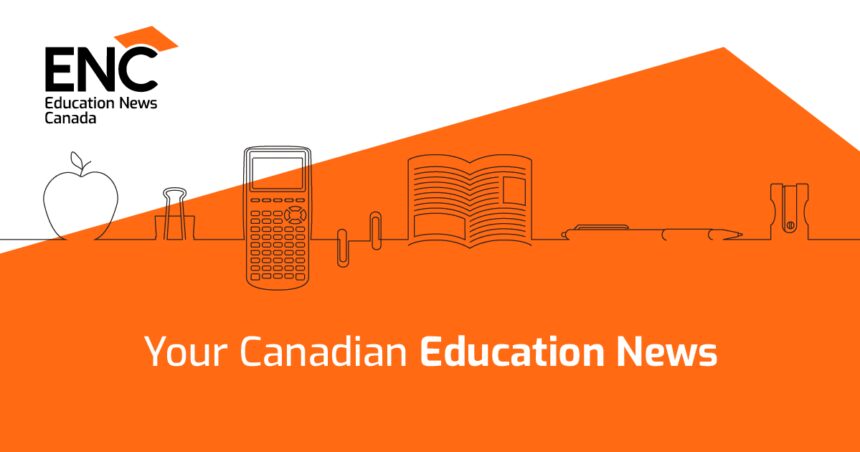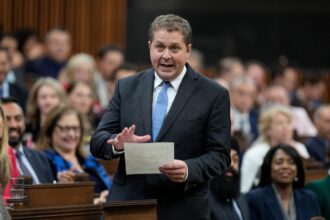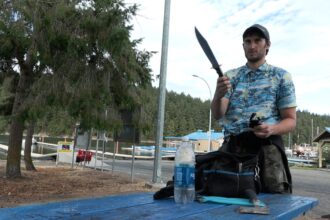In a critical roundtable discussion that could shape the trajectory of northern education, NWT Education Minister Caitlin Cleveland convened with key education leaders this week to address pressing priorities before the close of the 2024-2025 academic year. The high-stakes meeting brought together decision-makers from across the territory’s education landscape at a time when northern schools face unique challenges ranging from post-pandemic recovery to Indigenous language preservation.
“Our government remains steadfast in its commitment to creating education systems that reflect the diverse needs of northern communities,” Minister Cleveland stated during the opening remarks. “Today’s discussions will help ensure we’re aligned on priorities that directly impact student success across the territory.”
The collaborative session centered on five critical areas identified as cornerstone priorities for NWT education advancement: curriculum renewal with enhanced northern perspectives, expanded Indigenous language instruction, improved student assessment frameworks, targeted professional development for educators, and strengthened community engagement initiatives.
Education body chairs and superintendents from across the territory presented localized challenges unique to their regions, with particular emphasis on the ongoing teacher recruitment challenges facing remote communities. According to territorial statistics presented during the meeting, northern schools outside Yellowknife continue to experience teacher vacancy rates approximately 15% higher than urban centers, creating significant instructional gaps in specialized subject areas.
Dene National Chief Gerald Antoine, who participated in the discussions, emphasized the critical importance of Indigenous knowledge integration. “Meaningful education in the North must honor traditional knowledge systems while preparing students for contemporary challenges,” Antoine noted. “This requires not just curriculum adjustments but fundamental shifts in how we conceptualize learning spaces.”
The meeting also addressed the territory’s ongoing implementation of the Education Renewal and Innovation Framework, with particular focus on recent standardized assessment results that indicate concerning literacy gaps between NWT students and their southern counterparts. Education leaders discussed evidence-based interventions that have shown promise in similar northern contexts.
Particularly notable was the robust discussion surrounding mental health supports for students navigating post-pandemic educational environments. Superintendents reported a 27% increase in student counseling requests since 2021, highlighting the continued emotional impacts of pandemic disruptions on northern learners.
“The challenges facing northern education systems require collaborative solutions that honor community voices,” explained Dr. Sarah Pruys, Education Researcher at Aurora College. “Today’s discussions demonstrated a willingness to move beyond standardized approaches toward contextually responsive education models.”
As the territory prepares for the coming academic year, Minister Cleveland committed to establishing a formalized working group that will translate the meeting’s discussions into actionable policy recommendations. The group will include representation from Indigenous governments, education bodies, and student advocacy organizations to ensure diverse perspectives inform implementation strategies.
The meeting concluded with a commitment to quarterly check-ins on priority implementation progress and a public reporting framework to enhance accountability measures across the territory’s education system. This structured approach represents a departure from previous years’ more fragmented communication between leadership bodies.
As northern communities continue navigating unique educational challenges, the pressing question remains: Will this renewed collaboration between government and education leaders finally bridge the persistent achievement gaps facing NWT students, or will systemic barriers continue to impede meaningful progress despite these high-level discussions?










